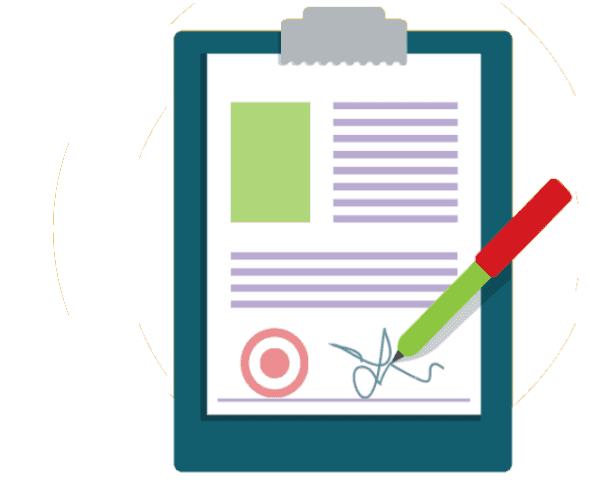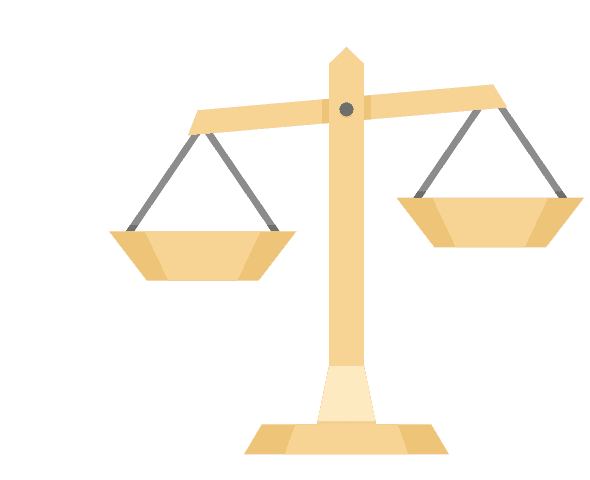Buying your first home is an exciting and memorable milestone. You’re officially moving up in the world and entering a new chapter of your life. At the same time, it’s important to remember there’s a lot of ground to cover when making this type of investment, especially the first time around. To ensure you’re as prepared as possible, here are five common mistakes to avoid as you begin the home buying process.
Not getting pre-approved for a mortgage.
While getting pre-approved for a mortgage isn’t a mandatory requirement, it offers first-time buyers a host of advantages that ensure a positive and productive home buying experience. Getting pre-approved establishes how much you can borrow early on and provides insight into your home price affordability. Knowing what you can afford right from the start not only makes for a more seamless home search, but allows you to budget properly and account for any miscellaneous expenses.
Limiting yourself to one lender.
A common mistake among many buyers is consulting with only one lender. Mortgage products and terms vary from one lender to the next, so it’s important to do your research and find out what’s out there to ensure you’re not overpaying. There’s also a misconception among many buyers that only the Big Banks offer mortgages. False. There are many lenders in Canada that offer stronger products that might be more suitable and provide even better options, such as credit unions and monoline lenders. That said, it’s very important to shop around and get a full view of what’s available in the market before locking anything in.
Overlooking first-time home buyer incentives.
Over the last few years, the Canadian government has introduced many great programs to assist first-time buyers. Each of these resources help to increase home affordability and alleviate some of the common roadblocks new buyers face when making this type of investment.
These programs include:
First-Time Home Buyer Incentive Program - This government incentive assists buyers in making a down payment and reduces their total monthly mortgage and monthly expenses.
Home Buyer’s Plan (HBP) - HBP gives first-time buyers the opportunity to tap into additional funds and withdraw up to $35,000 tax-free from their RRSP to make a down payment, with the requirement of paying it back into the RRSP over a 15-year period.
Land-Transfer Tax Rebate - In Canada, there’s a land transfer tax rebate available for first-time buyers to help offset this additional tax expense. The amount you qualify for will vary based on the city or province you live in.
Not managing your credit properly.
One of the first orders of business as a prospective home buyer is taking a good look at your credit. Many first-time buyers start this process too quickly without paying attention to their credit score and debt levels. Strong credit, more specifically your debt-to-income ratio and credit score, are key determinants that lenders consider when approving you for a mortgage. Being privy to this information is a solid indicator of whether you should move forward with this investment, or put it on pause to improve your credit.
Failing to factor in additional costs beyond the down payment.
It’s common for many first-time buyers to enter the home buying process fixated on coming up with a down payment. While that’s important, many often lose sight of other expenses that come with buying a home. These include closing costs, legal fees, mortgage insurance (if applicable), monthly living expenses, moving costs and more. Not accounting for these expenses can leave you in a compromising situation, making it difficult to meet your monthly obligations after moving in. Before you begin shopping, it’s important to look at your savings in a way that considers all of these expenses. As mentioned above, getting pre-approved is a great way to help you budget because it factors in these unforeseen costs into your overall home affordability.
If you’re a first-time buyer eager to enter the market, start the process on the right foot by getting pre-approved with us today in just five minutes. Working with over 30 banks and lenders, you can be sure that you’re getting access to a variety of mortgage options. Not only that, one of our Mortgage Advisors will guide you through the entire process and answer any questions you may have.








